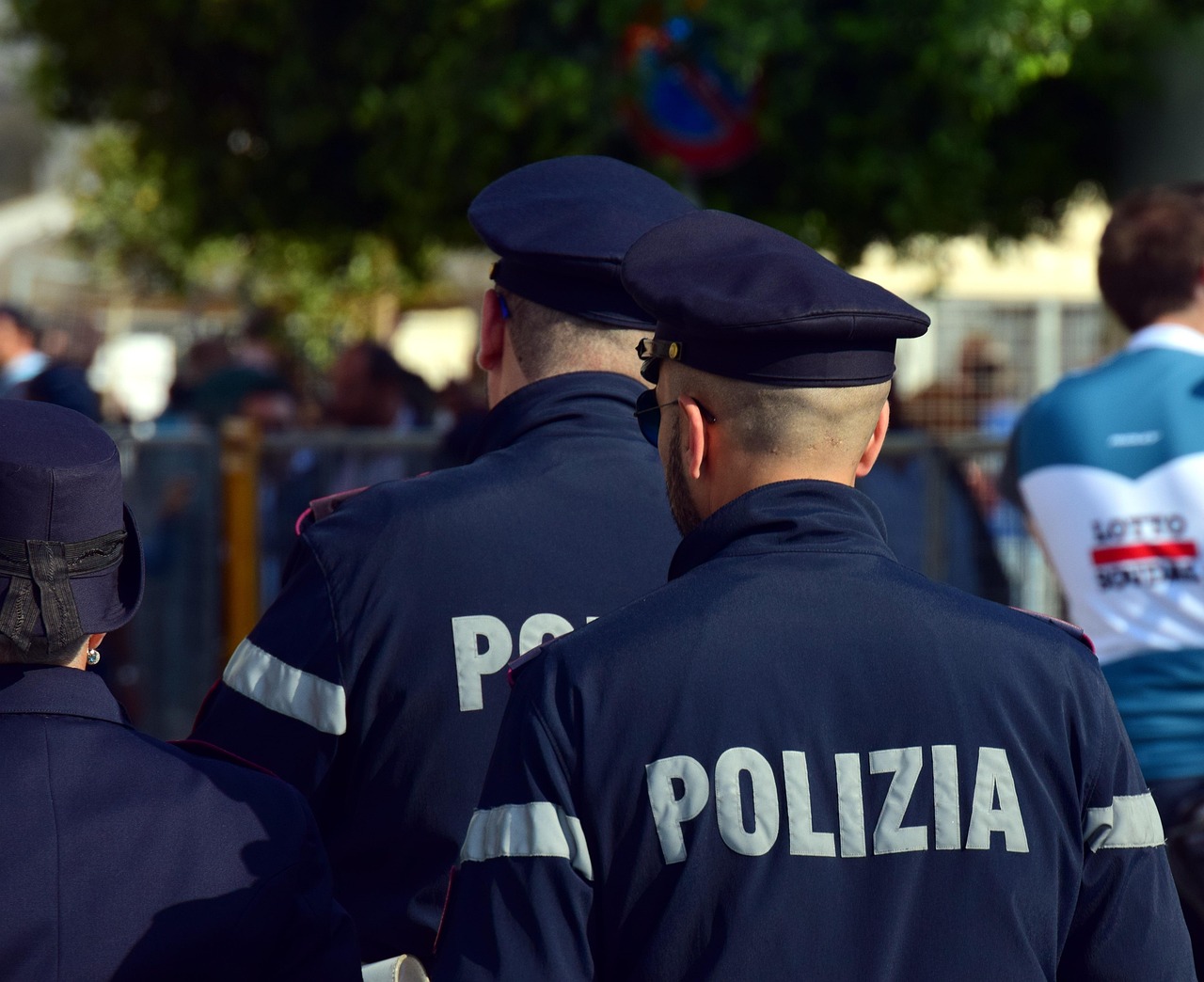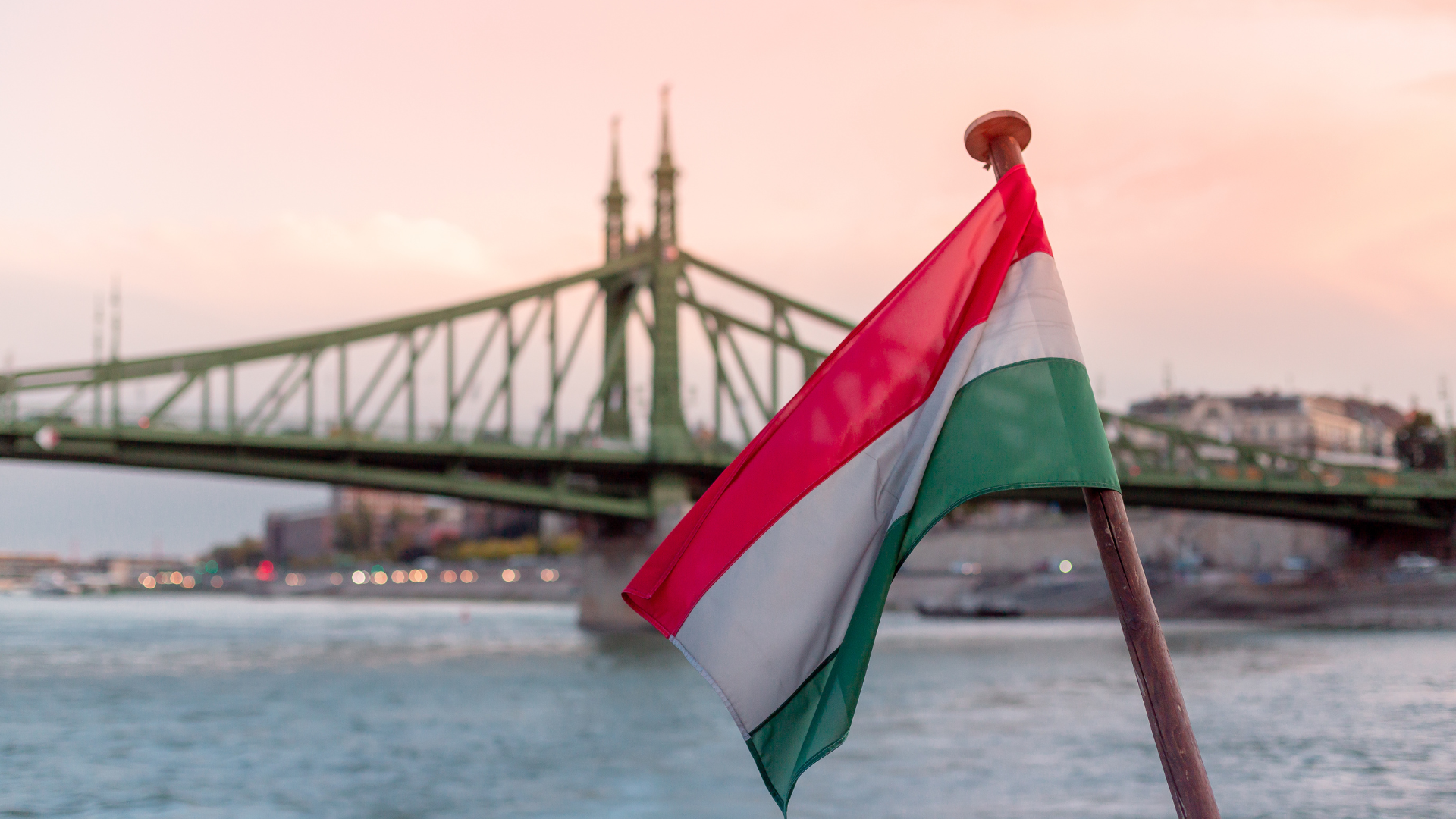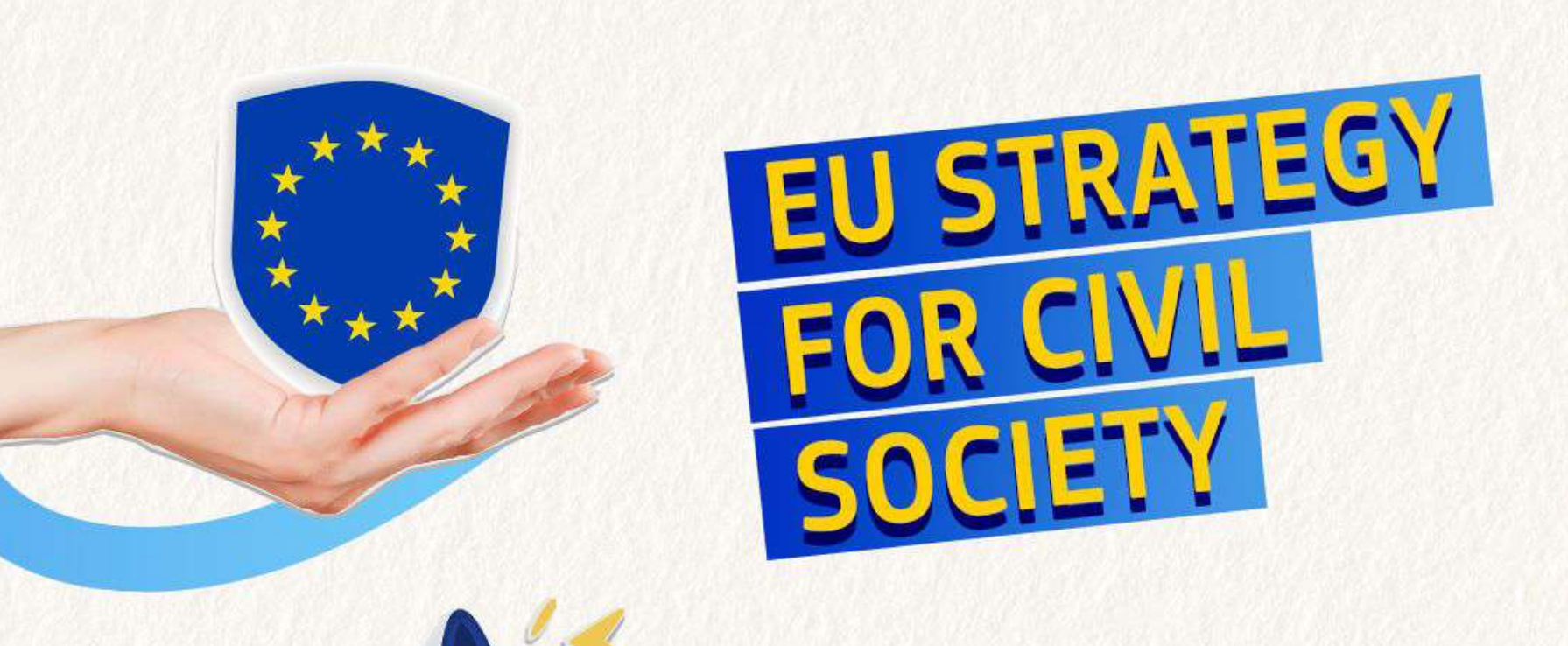New Italian security decree threatens human rights and puts civil liberties at risk
In this blog, Davide Rambaldi, Eurochild Communications Coordinator, explains how recent measures threaten fundamental rights, especially for activists, civil society and minorities, and enable greater government repression.
In a swift manoeuvre, Giorgia Meloni's Government turned a highly criticised bill aimed at changing several laws, including the Criminal Code, into an emergency decree to avoid Parliament and public review.
The UN Office of the High Commissioner for Human Rights (OHCHR) has raised serious concerns that the decree violates international human rights standards, warning that its vague anti-terrorism provisions could lead to arbitrary detention, and restrict freedom of expression. These measures could particularly impact racialised children and those with a migrant and ethnic background, who already face discrimination and excessive surveillance.
The context
Across Europe, several countries are implementing laws that restrict dissent, making it harder or even illegal for civil society activities, as well as youth and student movements, to operate freely. Under the guise of protecting children and fighting terrorism, these laws usually target society’s most vulnerable and those who defend them. These restrictions also threaten children’s participation in public life, a key principle of the Convention on the Rights of the Child (UNCRC), which guarantees the right to participation (Article 12), freedom of expression (Article 13) and peaceful assembly (Article 15).
This Italian draft law has faced significant criticism, including protests and dissent within the government itself, leading to some revisions. For example, the provision requiring public administrations, research institutions and universities to share confidential data with intelligence services has been removed. This situation risked reassembling developments seen in the United States under the Trump administration, where education was reportedly weakened, restricted, and used as a tool to suppress dissent, particularly from intellectuals, teachers, and students, starting from universities. In Serbia, students and teachers were told not to protest, but to go to school instead. These attempts clash with Article 29 of the UNCRC, which promotes respect for human rights and freedoms through education.
The concerns
The provisions approved in the decree include:
- Measures targeting protests, including environmental ones, by toughening penalties for damaging public property, blocking traffic, or resisting officials.
- The creation of a new crime of rebellion in prison, also applying to detention centres for irregular migrants.
- Public security officers are allowed to carry personal weapons off duty without a licence.
- Introduction of an aggravating factor for crimes such as violence and resistance against public officials.
- New legal protections for police, fire services, and armed forces, with the state covering part of their legal fees during criminal proceedings.
A united front against extremist movements
At Eurochild, we have been closely monitoring the situation across Europe for years. Since 2022, we have called for stronger protection of human rights defenders and civil society organisations, many of whom, across various European countries, have been subjected to direct attacks, funding cuts, smear campaigns, and disinformation efforts. In March 2025, we launched our new campaign Fighting Anti-Rights Movements, to better support our members, allies and to present a united front against extremist movements.
Further information:




